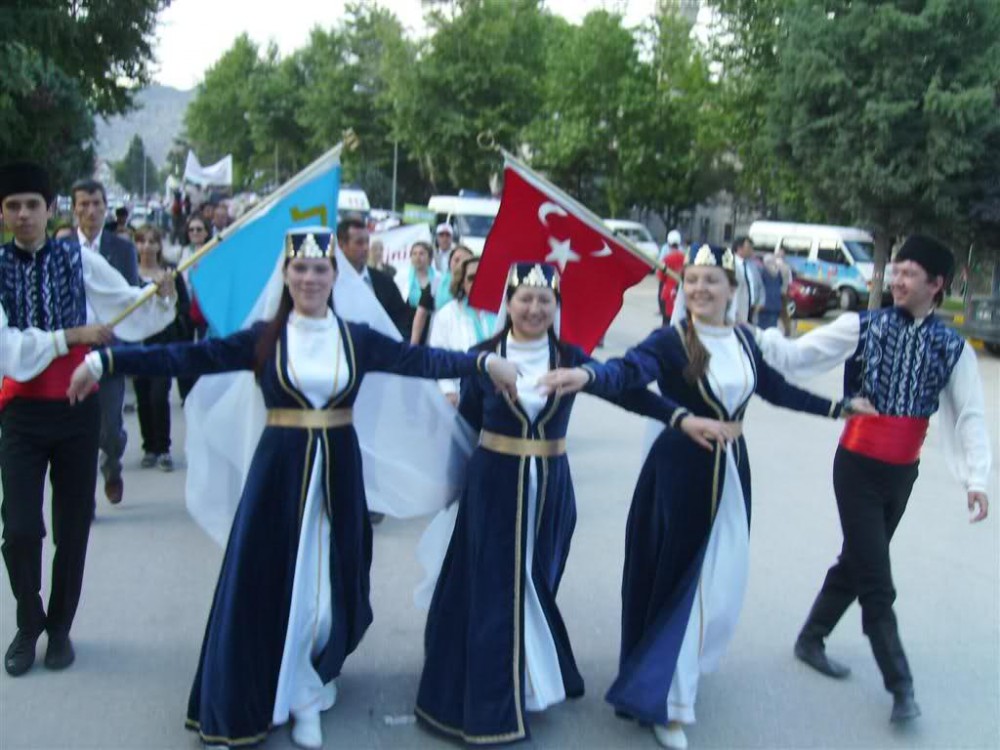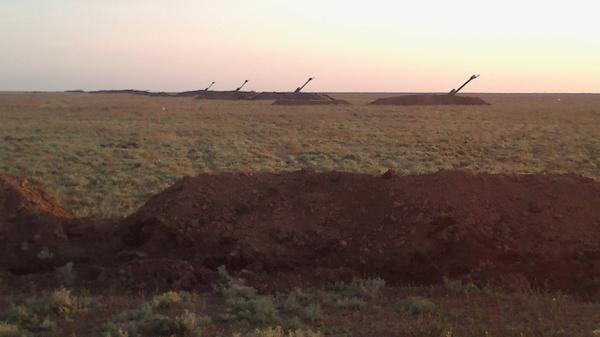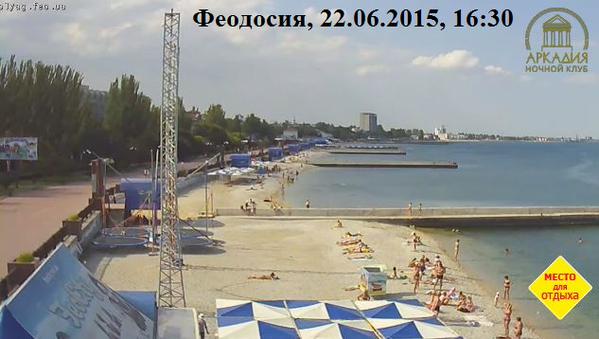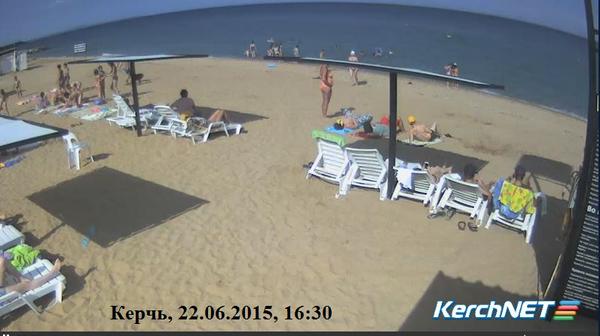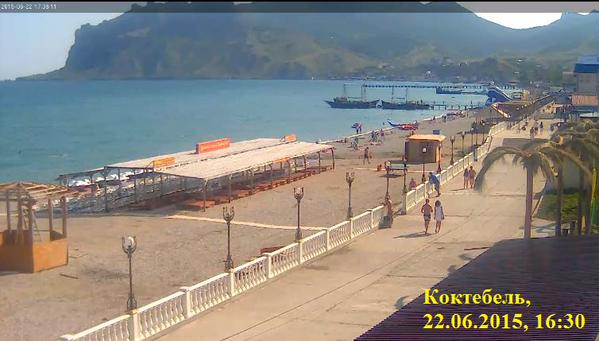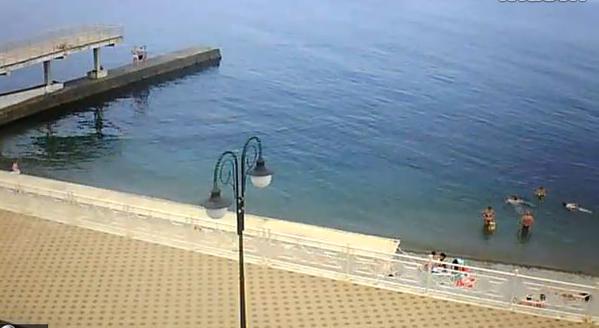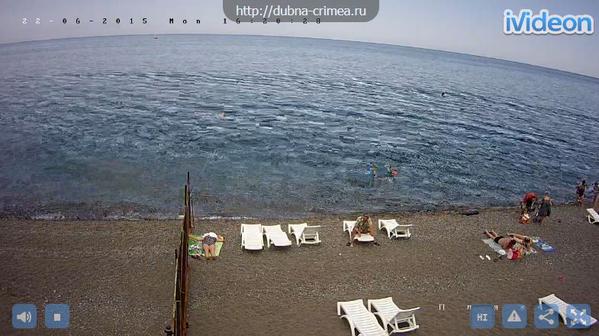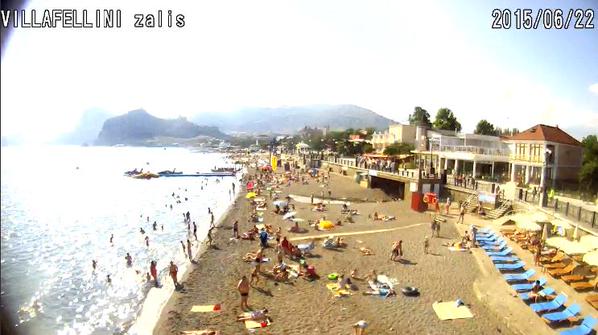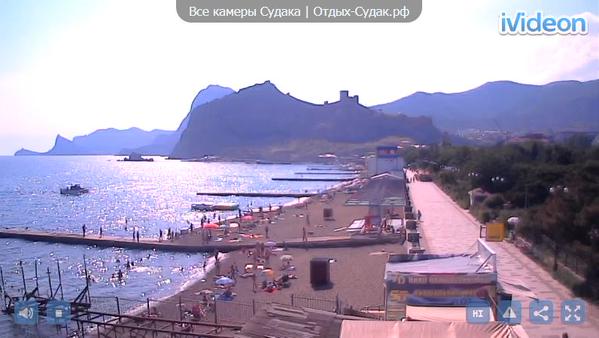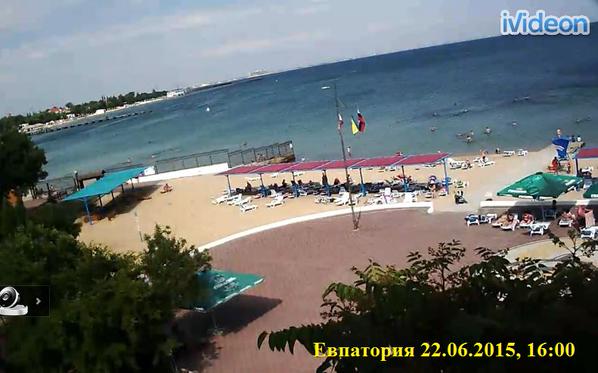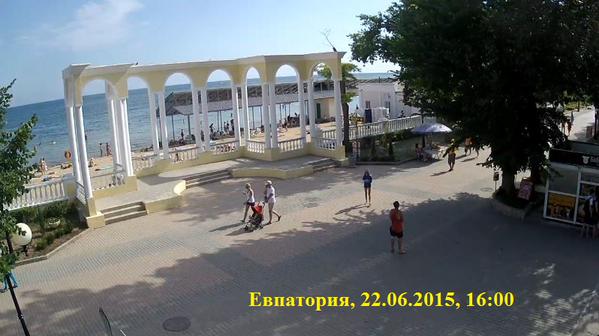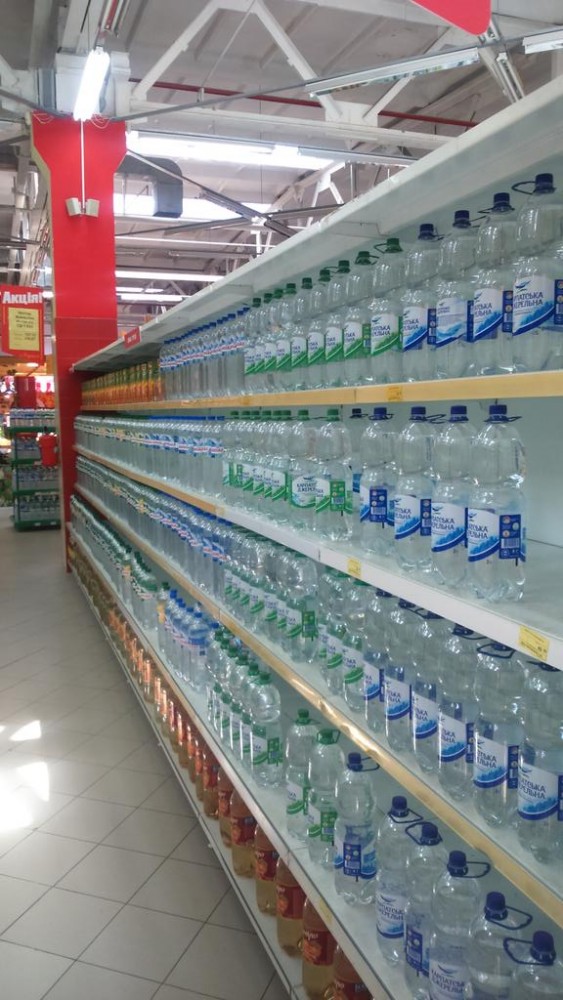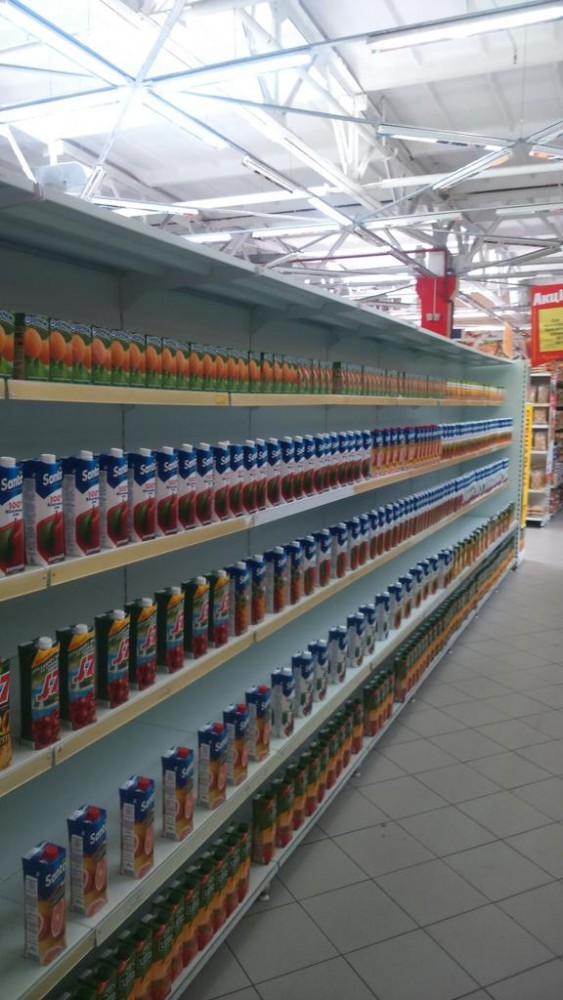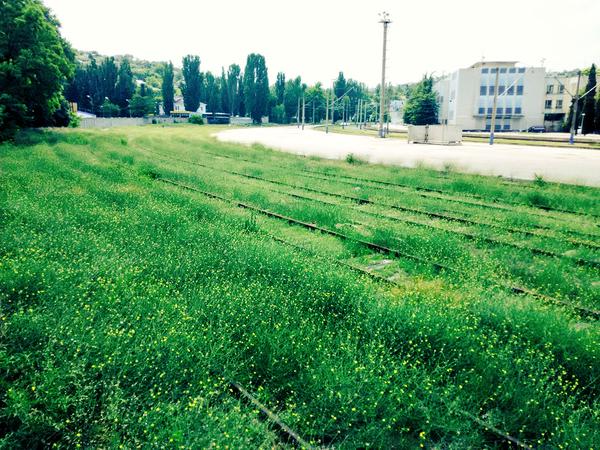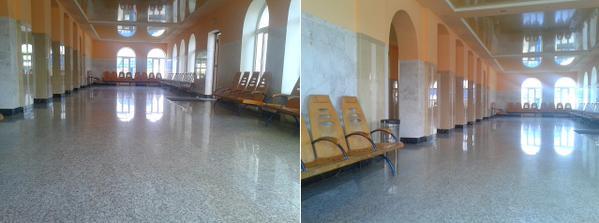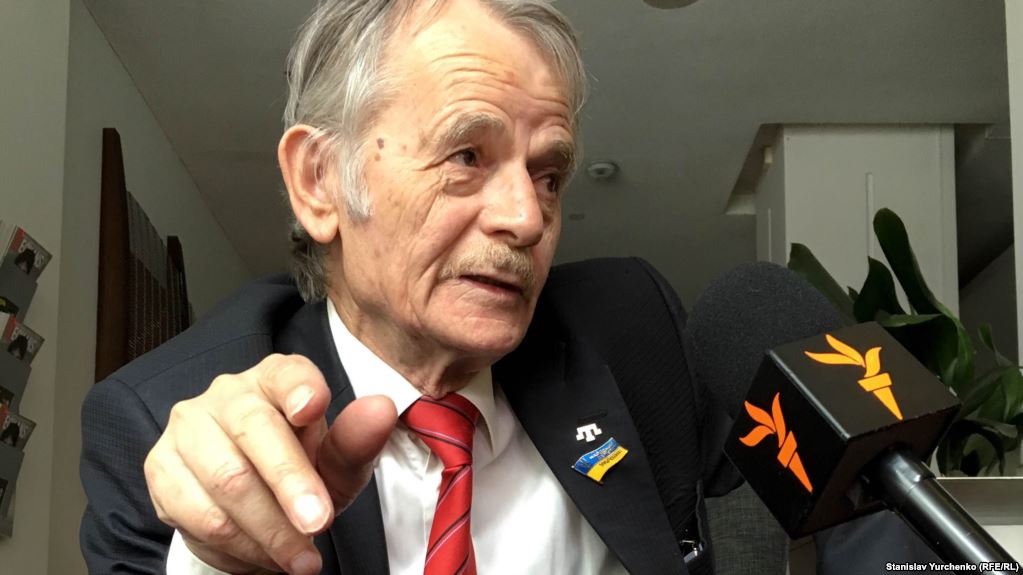Many of the hopes that some Russians in Crimea had for their homeland after the Russian Anschluss have not been realized, and as a result, both polls show and occupation officials concede, “the majority of young Crimeans” regardless of ethnicity “do not consider themselves to be patriots of Russia.”
In today’s “Novyye izvestiya,” Aleksei Chalyi, the chairman of the Legislative Assembly of Sevastopol, is quoted
as saying that “the return of that city to Russia “has not turned out the way the majority of city residents expected… [The earlier] euphoria has quietly disappeared.’”
“People saw themselves as returning to a Soviet Union with factories open. But these expectations have not proved to be the case. The economic situation which exists in Sevastopol today is not only unsatisfactory but there are no prospects for its development” because the subsidies, on which it exists, cannot last long, Chalyi says.
“This does not mean,” he says, “that there are no chances for economic growth. It simply means that this will be a somewhat different economy and a somewhat different life” than many who voted for joining Russia expected on the basis of what Vladimir Putin promised and Russian news outlets said.
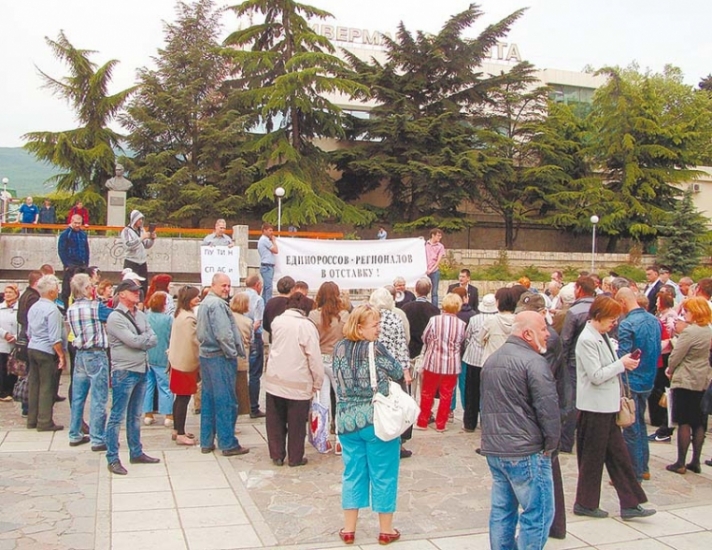
Another occupation official, Vladimir Bobkov, the head of the education and youth policy committee of Crimea’s State Council, agrees. He says that according to the results of a recent poll, “the overwhelming majority” of Crimean residents “view themselves a patriots of Crimea and only a small part of them consider themselves to be patriots of Russia.”
Consequently, he continued, the task ahead is “to explain to young people in a systematic way that our fatherland is Great Russia and also explain the role in that of the Republic of Crimea.” He said nothing about addressing the fundamental problems of the region: inflation, declining incomes, and difficulties with travel and visas.
Irina Khakamada, a Russian politician and commentator, tells the Moscow paper that she is “certain that without a determination of the status of Crimea and the resolution of ‘the Donbas problem,’ life on the [Ukrainian] peninsula will not become better and patriotism among the population will not arise.”
If these problems aren’t resolved, she continues, the economic situation in Crimea will continue to deteriorate. “There won’t be a miracle, the economy will not restore itself, and love for Russia will not appear spontaneously among Crimeans.” She suggests that Moscow seeks to move forward by forgiving Ukraine a portion of its debt to Russia.
Khakamada also suggests that Moscow must act on two fronts to have any hope for a positive outcome. On the one hand, it must seek American recognition of Russia’s annexation; and on the other, it must secure international agreement that those fighting for it in the Donbas will not be subject to criminal sanctions. If that doesn’t happen, they will keep fighting.
Yury Krupnov of the Moscow Institute of Demography, Migration and Regional Development agrees, but he says that what is going wrong in Crimea now began in Russia itself “more than two decades ago,” with the collapse of factories and the de-industrialization of the economy. The transportation blockade of Crimea only exacerbates these things: it is not their cause.
According to “Novyye izvestiya
,” the experts with which the paper spoke are unanimous “on one thing: patriotism cannot long exist on propaganda and slogans alone.”
In a related development, Zaur Smirnov, head of the Crimean regional government's Committee on International Relations and Deportees, reports that the number of Crimean Tatars still in Central Asia who want to return has increased dramatically. But, he admits, there have not yet been any actions on their part to return, given difficulties on the peninsula.

